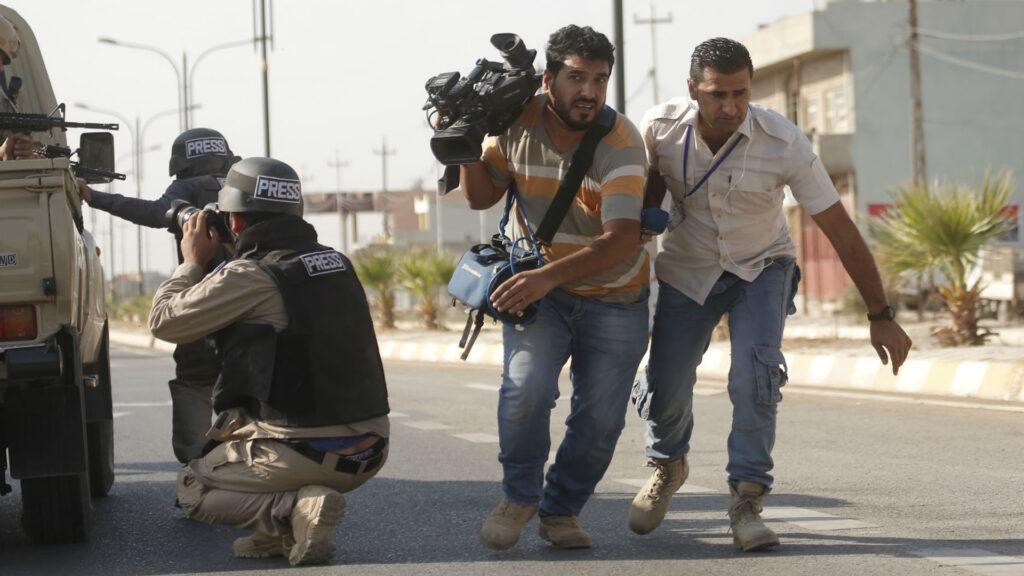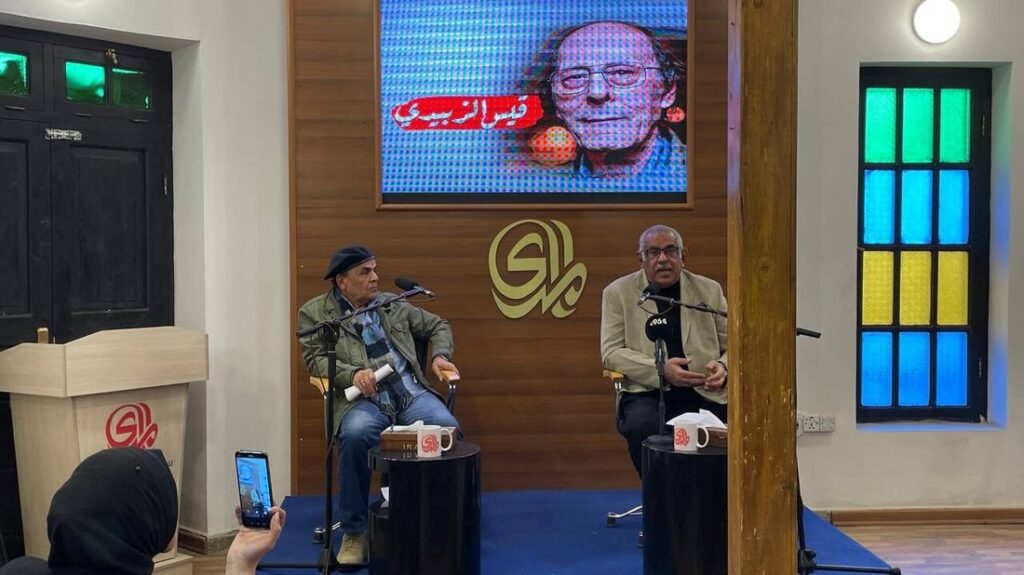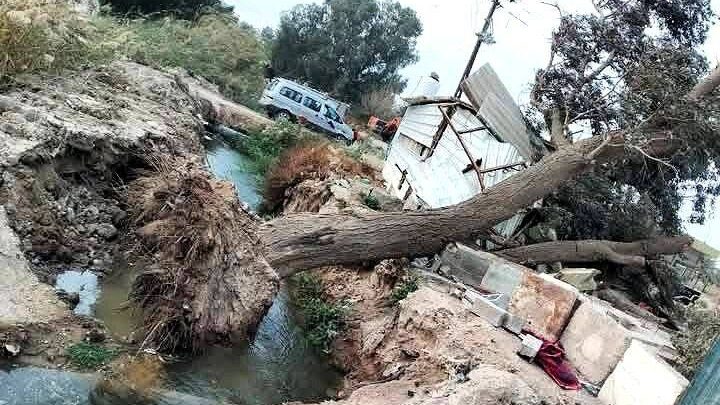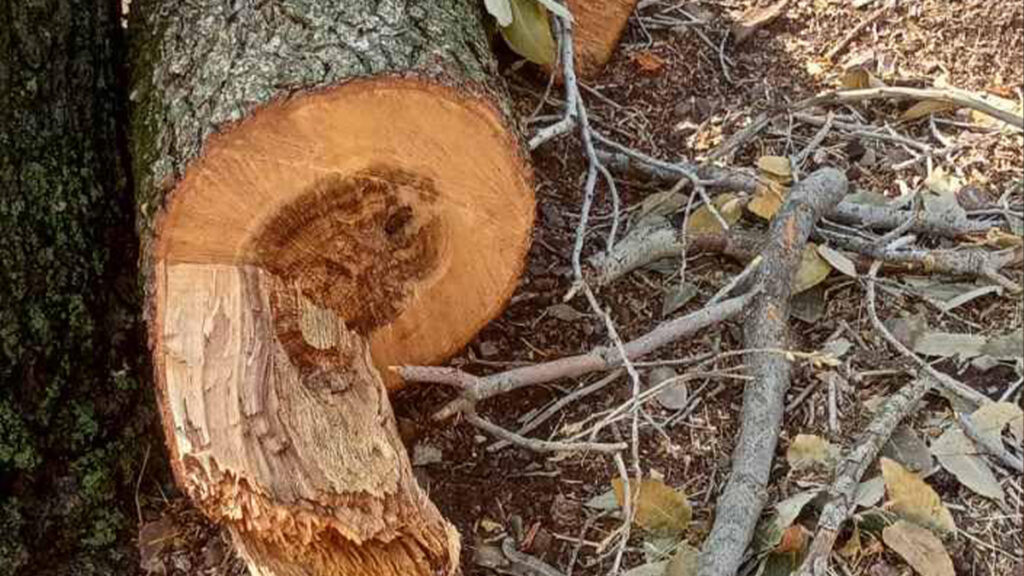Turkey responds to Iraqi cleric Sadr's calls for end to Turkish campaign against PKK in Iraq

ERBIL (Kurdistan 24) – Firebrand Iraqi Shia cleric Muqtada al-Sadr called on Baghdad to terminate its agreements with Ankara that allow military detachments of the latter to cross Turkey’s southern border into the Kurdistan Region and Iraq on grounds they are fighting the Kurdistan Workers’ Party (PKK).
Sadr’s statement came as Turkish forces stationed over their southern border inside the Kurdistan Region intensify air raids and ground operations against alleged PKK positions since Ankara’s “Operation Claw” started in late May.
In the past year, Turkey has carried out military operations against PKK fighters based within the Kurdistan Region with continued regularity. Turkish forces have crossed into the region up to 20 kilometers deep in some areas to target the guerilla group, and bombardment from Turkish jets occasionally results in the death of Kurdish civilians unaffiliated to the PKK.
Ankara says the bombardments of PKK strongholds is carried out based on memorandums and agreements with Baghdad years ago. The Kurdistan Regional Government (KRG) and the federal government often criticize the use of their territory as a launching pad for attacks on neighboring countries.
On Wednesday, fighter jets struck a petrol station and a water project in the town of Amadiya (Amedi) in Duhok province. Initial reports indicated that at least one civilian was injured near the site and others barely escaped the attack.
“We condemn and denounce…Turkish bombardments of Iraqi territory, even if they are based on agreements; they are poor agreements and are meaningless,” Sadr said on his Twitter account on Thursday.
He added that Baghdad should prioritize the country’s sovereignty and “cancel the agreements,” work on ones that allow the bombing of “terrorists” not the “opposition.”
Related Article: Turkey ‘neutralized’ 48 alleged PKK fighters in Kurdistan Region since late May: Ministry
Residents of these rural areas often witness the violence as it unfolds. Those closest to the incidents usually flee in fear of getting caught in the crossfire or being mistaken for PKK fighters by Turkish warplanes. Others have captured the attacks or their aftermath on film, serving to document and publicize the significant material damage to property, infrastructure, and nature far more than in previous years.
Sadr called on Ankara to deal with the “opposition” in a “peaceful manner and in accordance with systematic dialogue that preserves both sides’ peace.”
The Iraqi cleric’s repeated use of the “opposition” to describe the PKK prompted a response by the top Turkish diplomat in Iraq, ambassador Fatih Yildiz.
“We address those who claim to be friends of Turkey and await our friendship,” Yildiz wrote in a tweet.
“There is no need to use twisted rhetoric about the PKK,” he said, adding that the group “is not an opposition, but a terrorist organization.”
Turkey, the United States, and the European Union have all designated the PKK a “terrorist” group.
Editing by Karzan Sulaivany




